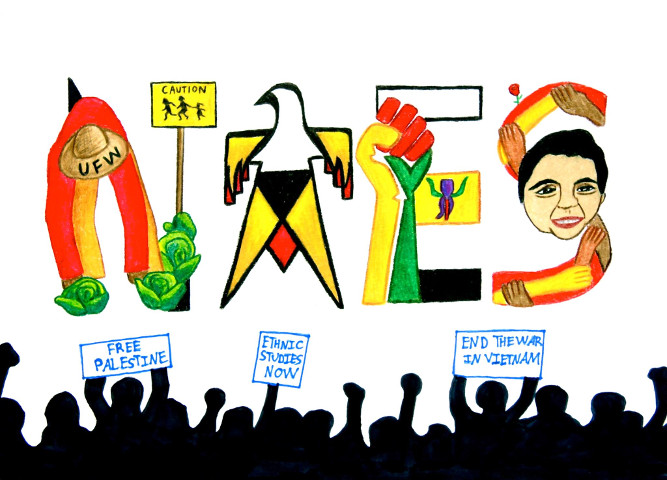Ethnic Studies Review

Orginal Publication Date
2011
Journal Title
Ethnic Studies Review
Volume
34
Issue
esr/vol34/iss1
First Page
107
Last Page
133
Abstract
This study investigates patterns of social relationships involving the Notting Hill Carnival. Two theoretical approaches are employed elementary relations theory and structural ritualization theory - to explain how the carnival has been strategically used in very different ways by various groups to accomplish their objectives. We suggest the Notting Hill Carnival is a special collective ritual event that has played a crucial role in three quite different structured arrangements involving coercion, conflict, and exchange since its beginning in Trinidad and subsequently in London. Four time periods where distinct changes in the nature of these relationships have occurred are examined: (1) 1800s Trinidad; (2) the Notting Hill Carnival from 1965-1970; (3) the Notting Hill Carnival from 1971-1989; and (4) the Notting Hill Carnival from 1990-present. This study contributes to the existing literature by focusing on how ritual and these types of relationships are intertwined in the production of the carnival. Implications of this research and possible directions for future research are also discussed.
Rights
Copyright ©ESR, The National Association for Ethnic Studies, 2011


